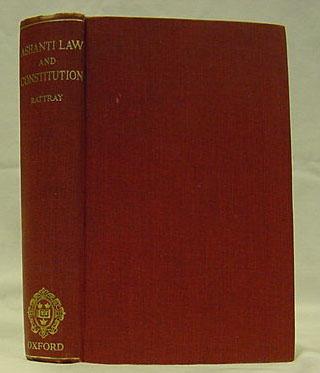Paolo Sandro: A ‘political’ Constitution, But For Whom? Citizenship Fees, Legality And The Limits Of Doctrine
English and Anglo-American widespread legislation were influenced additionally by Roman regulation, notably in their Latinate authorized glossary . Also, Eastern European regulation was influenced by the “Farmer’s Law” of the medieval Byzantine authorized system. Its constitution was largely unwritten, and was continuously evolving all through the life of the Republic. Throughout the first century BC, the power and legitimacy of the Roman constitution was progressively eroding. Even Roman constitutionalists, such because the senator Cicero, misplaced a willingness to remain faithful to it towards the tip of the republic. When the Roman Republic finally fell in the years following the Battle of Actium and Mark Antony’s suicide, what was left of the Roman constitution died together with the Republic. The perception in a surviving constitution lasted nicely into the life of the Roman Empire.
Alison Young: Declaratory Orders And Constitutional Guardrails

ius civile, ius gentium, and ius naturale – the ius civile (“citizen legislation”, originally ius civile Quiritium) was the physique of common laws that applied to Roman citizens and the Praetores Urbani, the people who had jurisdiction over circumstances involving residents. The ius gentium (“regulation of peoples”) was the physique of widespread legal guidelines that applied to foreigners, and their dealings with Roman residents. The Praetores Peregrini have been the people who had jurisdiction over instances involving residents and foreigners. Jus naturale was a concept the jurists developed to explain why all individuals seemed to obey some legal guidelines. Their answer was that a “pure law” instilled in all beings a typical sense.
It didn’t present a complete and coherent system of all relevant rules or give authorized options for all attainable circumstances. Rather, the tables contained specific provisions designed to vary the then-existing customary law. Although the provisions pertain to all areas of legislation, the most important part is dedicated to private legislation and civil process. The first authorized text is the Law of the Twelve Tables, relationship from the mid-fifth century BC.
In the Roman law ius privatum included personal, property, civil and felony law; judicial continuing was private process ; and crimes had been private . Public law will solely include some areas of private law close to the end of the Roman state.
